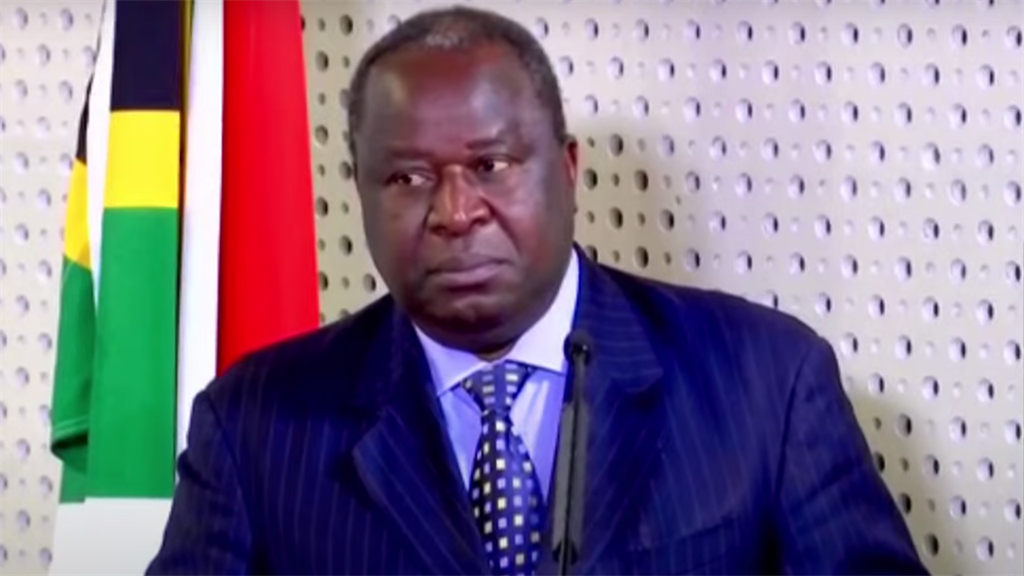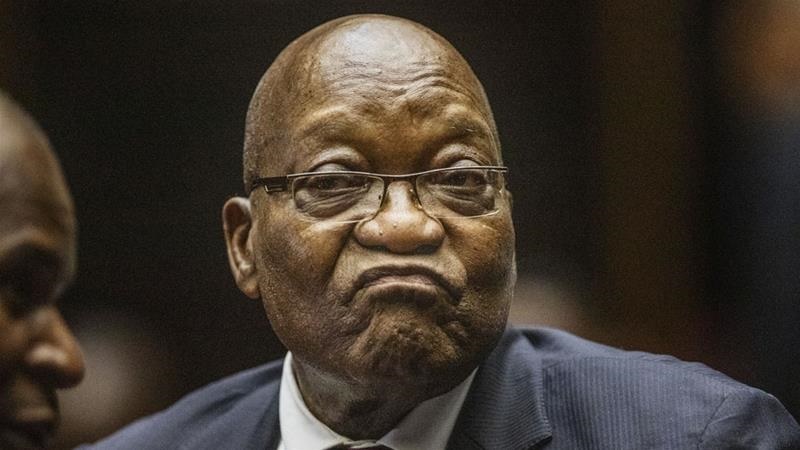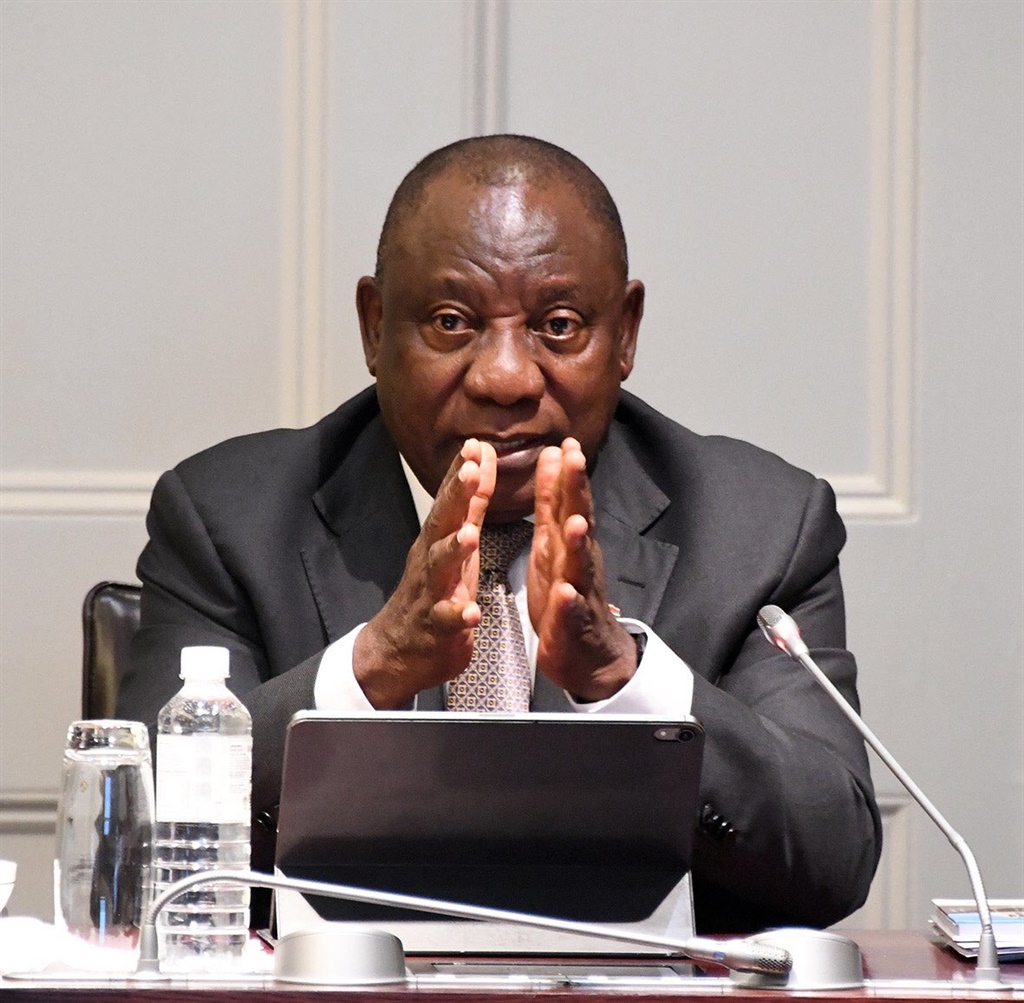The ANC-in-government has over the years repeatedly ignored warnings from National Treasury about the urgency of reforms, policy uncertainty and proper fiscal management. Covid-19 has made everything worse, but it is not the cause of the dire straits we find ourselves in, writes Pieter du Toit.
On page 22 of the National Treasury’s Budget Review, a document prepared by the exchequer’s bureaucrats which gives meat to the bare bones of every budget speech, there is a graph which clearly shows the cost of the state capture years – a cost that is now exacting a heavy toll.
Where GDP growth showed a steady, albeit erratic, recovery after the global financial crisis of 2008/2009, it started to plummet around 2013. And at that exact moment, unemployment started to spike, recently peaking at its highest levels in two decades.
It is at that intersection, in 2013/2014, when state capture was hitting its stride and where state-owned enterprises started showing serious returns for the engineers of grand corruption.
It was there where the ANC government started taking leave of any semblance of civic and public duty and where our slide to a yawning budget deficit, ballooning national debt and a collapse in economic growth started.



Finance minister Tito Mboweni delivering his coronavirus emergency budget. (Parliament of SA)
Finance Minister Tito Mboweni’s emergency budget (officially a supplementary budget) sets out in clinical and cold sweeps exactly how dire this country’s fiscal situation is.
The Budget Review document, again, issues stern warnings about the repercussions if significant economic reforms are not enacted and details what should be done to avoid South Africa following the same path as some basket case countries which disappeared into the black hole of a debt crisis.
But if the government of President Cyril Ramaphosa did not take heed of Treasury’s warnings in October 2018, when Mboweni delivered his first medium-term budget policy statement, or in the three budget statements since, why would it do so now?
There was not much of the ebullient, confident and colourful Mboweni of the recent past who has been immovable about what he thinks should happen to entities like SAA and the bloated public service wage bill.
It could have been the fact that he stood in the briefing room at the government’s communications head office in Madiba Street, Pretoria.
But his subdued demeanour is most probably due to his battling the political tide since he assumed office, repeating to everyone within earshot that reforms are urgent and overdue.
Instead his exhortations have been met by a timid chief executive, weak turnaround efforts at state companies and a governing “alliance” which seem more intent on nationalising the SA Reserve Bank and blocking loans from the International Monetary Fund than anything else.
Mboweni’s speech was by far the shortest of his five budget speeches since he took office. And, in a sign of how exasperated he must be, he took to the Scripture in attempting to explain what would happen if the country opts to pass through the “wide gate” of fiscal prudence instead of the “narrow” one, as explained in the Book of Matthew, chapter seven.
And to underscore where the country could be headed, he raised the spectre of what the apartheid government had to resort to maintain stability, saying it had to declare a debt standstill.



No worries: Former president Jacob Zuma. (Media24 Archives.)
If the government did nothing, “eventually the gains of the democratic era would be lost”, he said.
Surely, if warnings about downgrades by Moody’s and fears of spiralling debt has not worked, will being dumped in the same position as the apartheid government move the needle at the Union Buildings and Luthuli House?
The headline numbers recited by Mboweni are horrific and cannot be overstated: GDP is expected to contract by 7.2% this year, there will be a tax collection shortfall of more than R300 billion, a budget deficit of 15% and debt-to-GDP is expected to soar to more than 81%.
The effect that poor governance, policy design and implementation, state capture and Covid-19 has had on the economy is nothing short of disastrous. South Africa’s economic contraction is, literally, the worst since the Great Depression when Barry Hertzog was the country’s prime minister and Adolf Hitler was planning the Beer Hall putsch.
According to Treasury, in April, 90% of all businesses reported below-normal turnover, almost 50% temporarily ceased activity and 9% closed permanently.
Business confidence is the lowest it has been since 1975, a year before the Soweto uprising. And the expectations are that personal and corporate tax collection will be significantly down for the foreseeable future due to job losses and the economic slowdown.
Covid-19 has made the country’s economic situation infinitely worse. But it is not only the pandemic’s fault. The ANC-in-government has over the last decade presided over mismanagement and rampant corruption at all three levels of government (see the Auditor-General’s report to Parliament on Wednesday) which has seen almost every economic and social indicator and metric decline.
Warnings about the trajectory the country is on was ignored, and the result is that we are now paying dearly for weak leadership and poor governance.



Cyril Ramaphosa. (GCIS)
In his introduction to the Budget Review, Treasury’s director-general, Dondo Mogajane, said: “For several years, the National Treasury has been warning that an absence of fiscal space would leave South Africa vulnerable to external shocks. That risk is now a reality. At the time of the 2020 Budget, economic growth was already low, and the fiscal position had deteriorated significantly. South Africa has begun heading into a debt spiral.
“Government is spending far more than it collects in revenue. As a result, debt has mushroomed. A failure to halt and reverse this pattern will harm the livelihoods of South Africans for many years to come.
“Left unchecked, the interest payments on that debt will become one of government’s largest expenditure items over the medium term. An ever-increasing share of tax revenue will not go to hospitals, schools or social grants – instead, it will be transferred to bondholders.”
Mogajane’s indictment of the powers that be is scathing. The governments of Jacob Zuma and Cyril Ramaphosa have repeatedly ignored timely, clear and sage economic advice and the accompanying warnings. It has traded recklessly and irresponsibly with the country’s future and has left everyone, especially the poor, vulnerable and exposed. The road back is going to be long and bitter.
Mboweni closed his address with another passage from the Book of Matthew, about building your house on the rock: “The rain came down, the streams rose and the winds blew and beat against the house, yet it did not fall because it had its foundations on the rock.”
The house that the ANC government has built, however, is fast sinking into quicksand.

